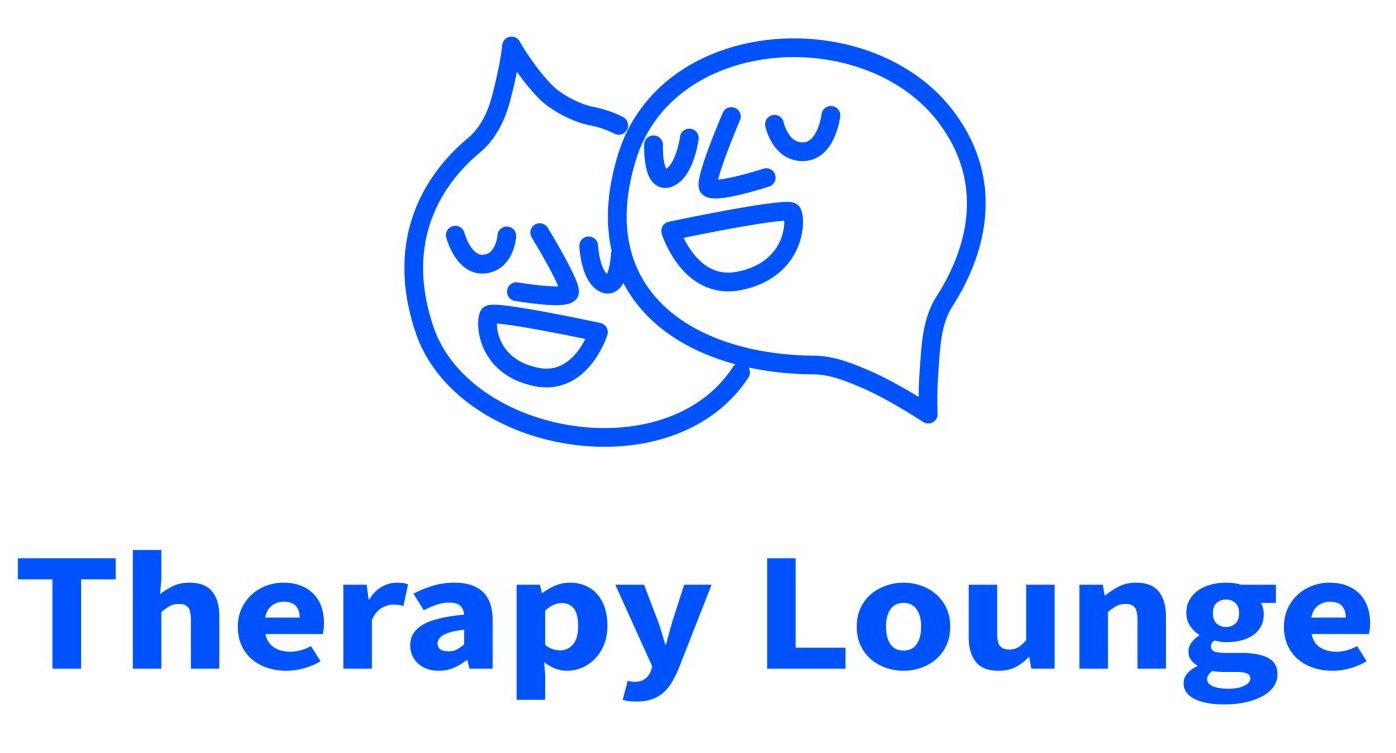Many couples have trouble balancing eroticism with intimacy in their committed relationships. After a few dating months, many couples find that the honeymoon phase of their relationship has faded. They then struggle to feel sexual excitement and desire.
In this article, I will define “eroticism” and “intimacy” so that you can understand what I mean. When I use the word “eroticism,” I mean the desire to have sexual pleasure and to feel arousal. It can be fetishes, fa, fantasies, or even kinks. This can include being playful and open-minded when having sex. You must be able to express yourself sexually and have confidence. Eroticism is not always a sign of love or emotions, but it can.
When I use the word “intimacy,” I mean emotional closeness. Each person experiences intimacy differently. You may feel emotionally close when you share deeply your fears, dreams, and insecurities. You may feel close to your partner when they have supported you or when they touch and compliment you without being sexual. It is not sex that defines intimacy, but it can be experienced when sex occurs.
My clients often describe eroticism in terms of “porn” sex. It is almost like an outlet where people who are only sexual experiment with each other for the sole purpose of orgasm and arousal. My clients often struggle to bring that level of excitement and desire into their relationship with their partner because they fear “disrespecting” them or expressing themselves as if it might lead to judgment.
My clients sometimes report that they only have “porn like sex” and desire a deeper, more intimate connection with their partner during and after sex.
Eroticism and intimacy are two difficult gaps to bridge.
Why does this happen exactly?
How can you feel emotionally connected to your partner but not be sexually erotic with them or open sexually? How can you feel emotionally safe with your partner but not sexually erotic? Why does one not automatically lead to the other when it comes to feeling emotionally secure?
My professional opinion is that blending intimacy and eroticism can be a difficult task. Several factors can cause this problem.
You have neglected the sexual, creative component of your relationship because you are preoccupied with other things (work, family, children, etc).
You’ve convinced yourself that your “honeymoon phase” is over and will never return. You are comfortable with being a good partner, and hot sex is just a phase.
3. You fear being emotionally or sexually vulnerable.
4. You may be intimidated by the idea of being sexually vulnerable and erotic.
5. It’s a sex that you have to satisfy your partner and feel loved. You don’t get much orgasm during sex.
6. You’re not sure how to start intimate conversations with your partner about sex.
7. You are lacking in self-confidence.
8. You feel overwhelmed or stressed out in your personal life.
9. If you and your partner don’t connect emotionally, or if you are so emotionally connected that you can’t expand on physical intimacy.
10. You are hesitant to let your partner in completely emotionally.
11. You have difficulty with letting go, trusting others, or being vulnerable.
12. You have never felt eroticism or emotional closeness with your partner.
These aren’t all the reasons that can affect your relationship, but they are a good place to start. You may find that you relate to one or more of these. Then you might ask, “What can I do about it?”
Take a deep breath and tell yourself there is nothing wrong! It can be difficult for many of us to blend sexual eroticism with emotional intimacy because both sex as well as emotions are complex. It is difficult to reveal all our vulnerable parts to a single person. It can be not very comforting!













